This week in Warren County, Lester Kearney’s capital murder trial was declared a mistrial after the jury couldn’t agree on his innocence or guilt. The prosecution’s case was based entirely […]
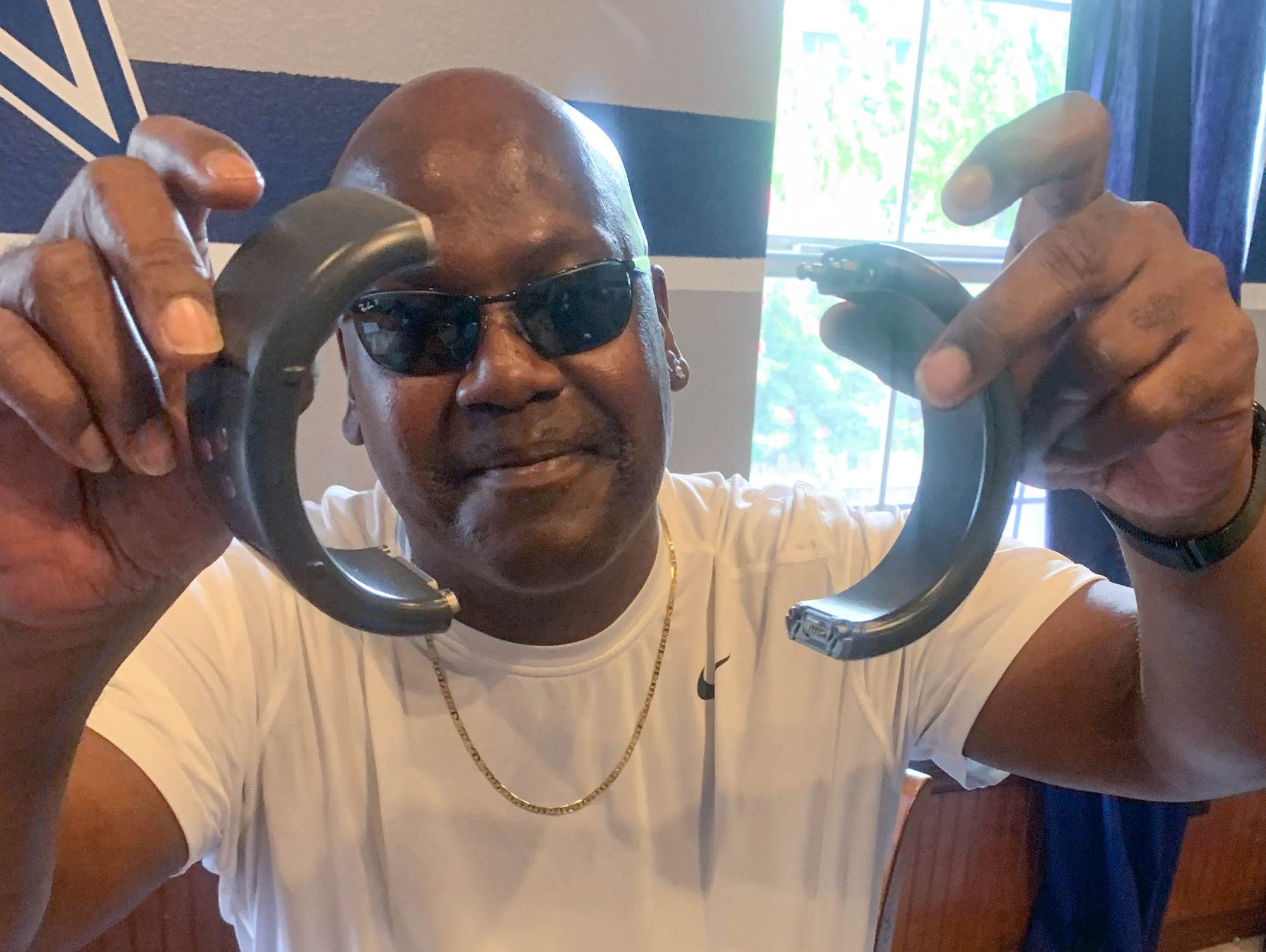
NC Coalition for Alternatives to the Death Penalty
Committed to ending the death penalty and creating a new vision of justice

· Kristin Collins
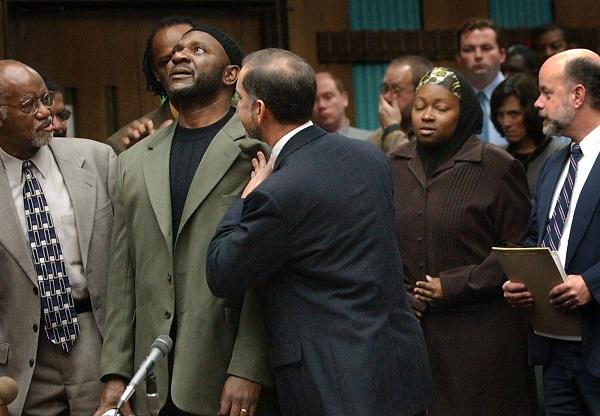
· Noel Nickle
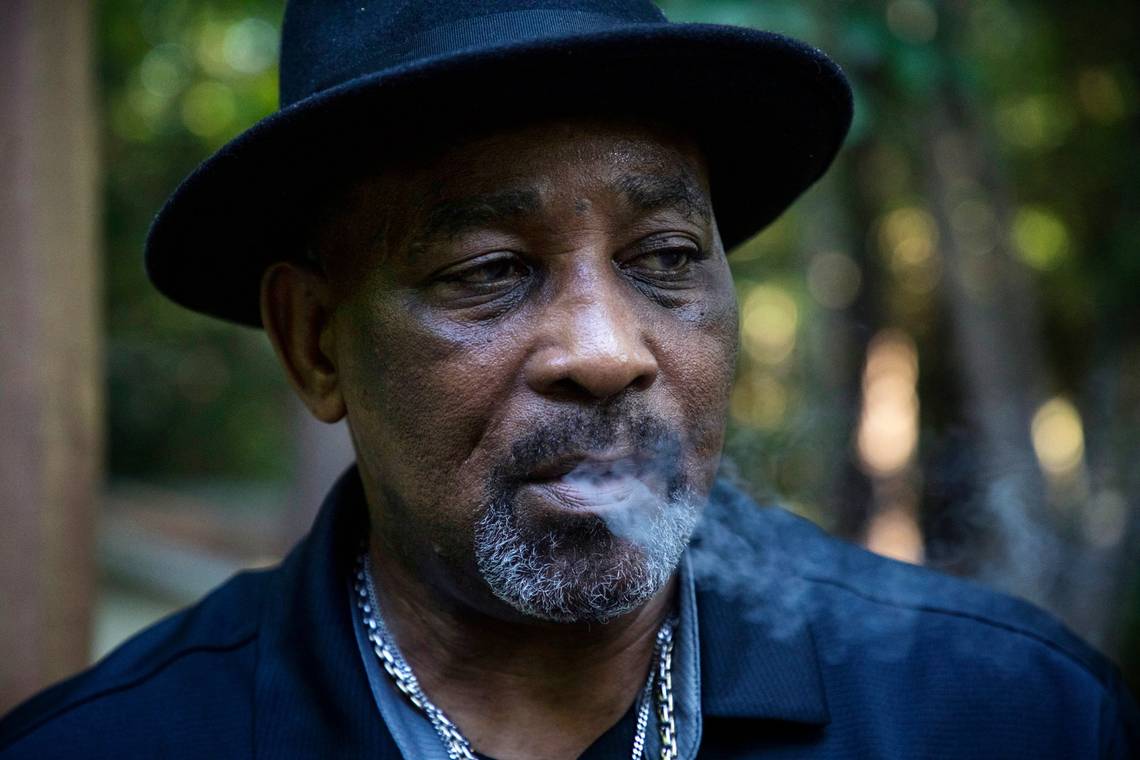
· Kristin Collins
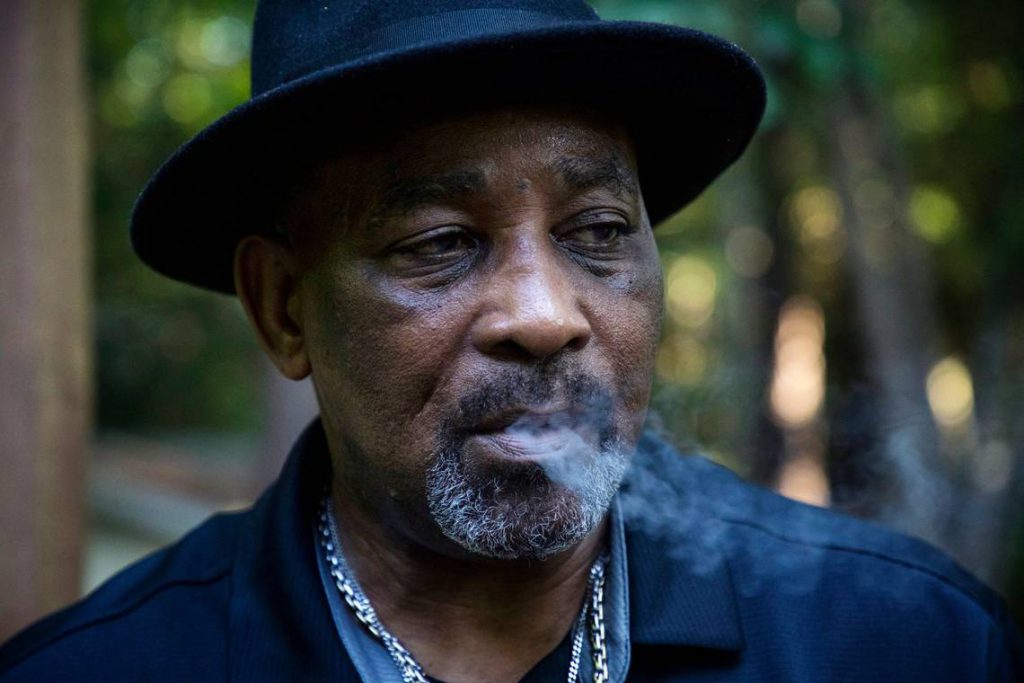
When I saw Ronnie Long openly express his heartbreak and fury, I realized how I’d expected exonerees to smile and be thankful for what they were given, rather than demanding acknowledgment of the life that was stolen from them. When I saw Ronnie Long smoke a cigarette in front of a reporter’s video camera, blow out the smoke and say, “That’s freedom,” I realized how we pressure exonerees to appear perfect. In our society, the wrongfully convicted have to prove themselves worthy of freedom, just as Black people have to prove that they are well behaved enough not to be killed by police. Long made me realize that I, too, had absorbed the idea that exonerees must be model citizens to earn our sympathy.
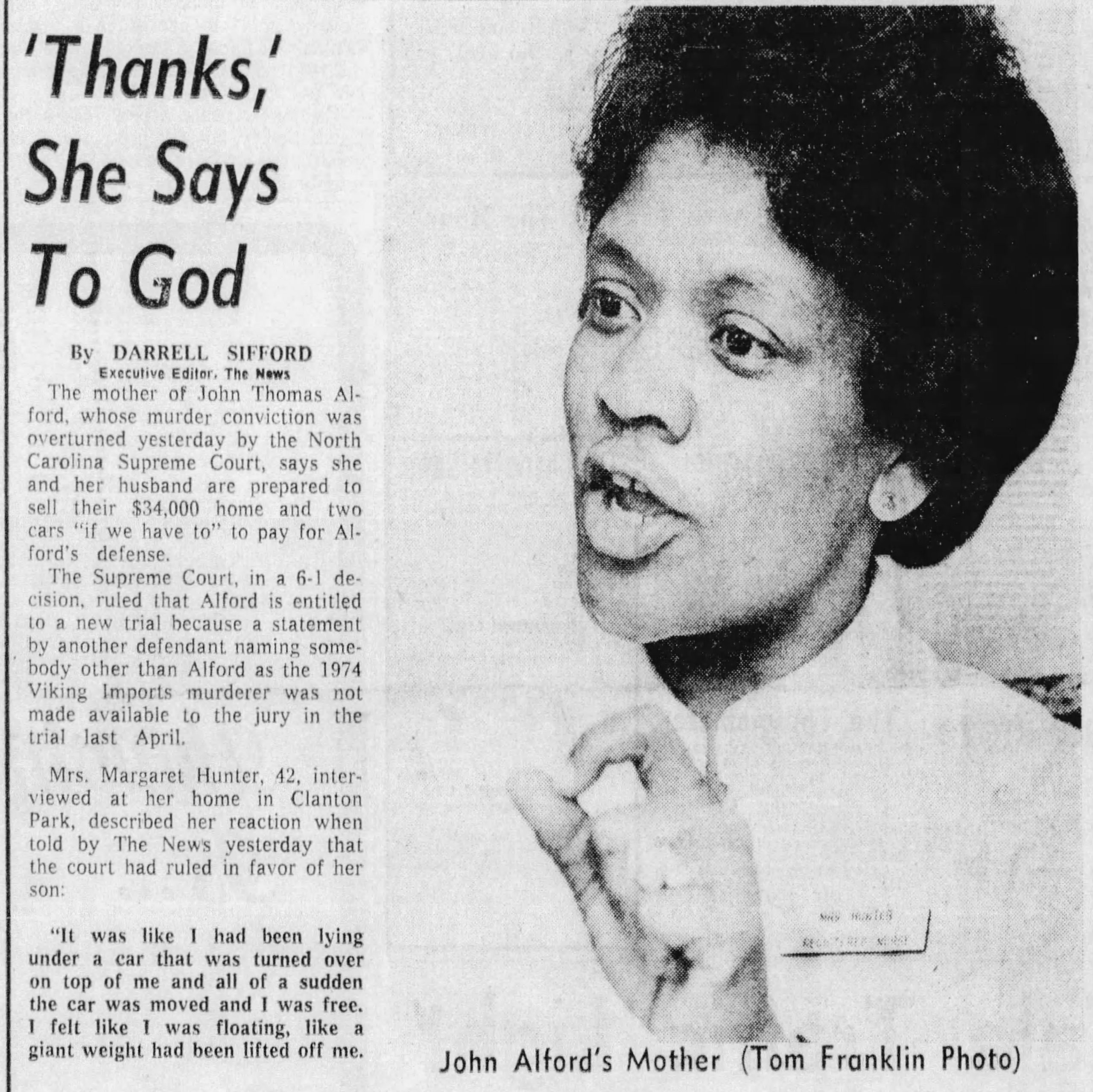
· Kristin Collins
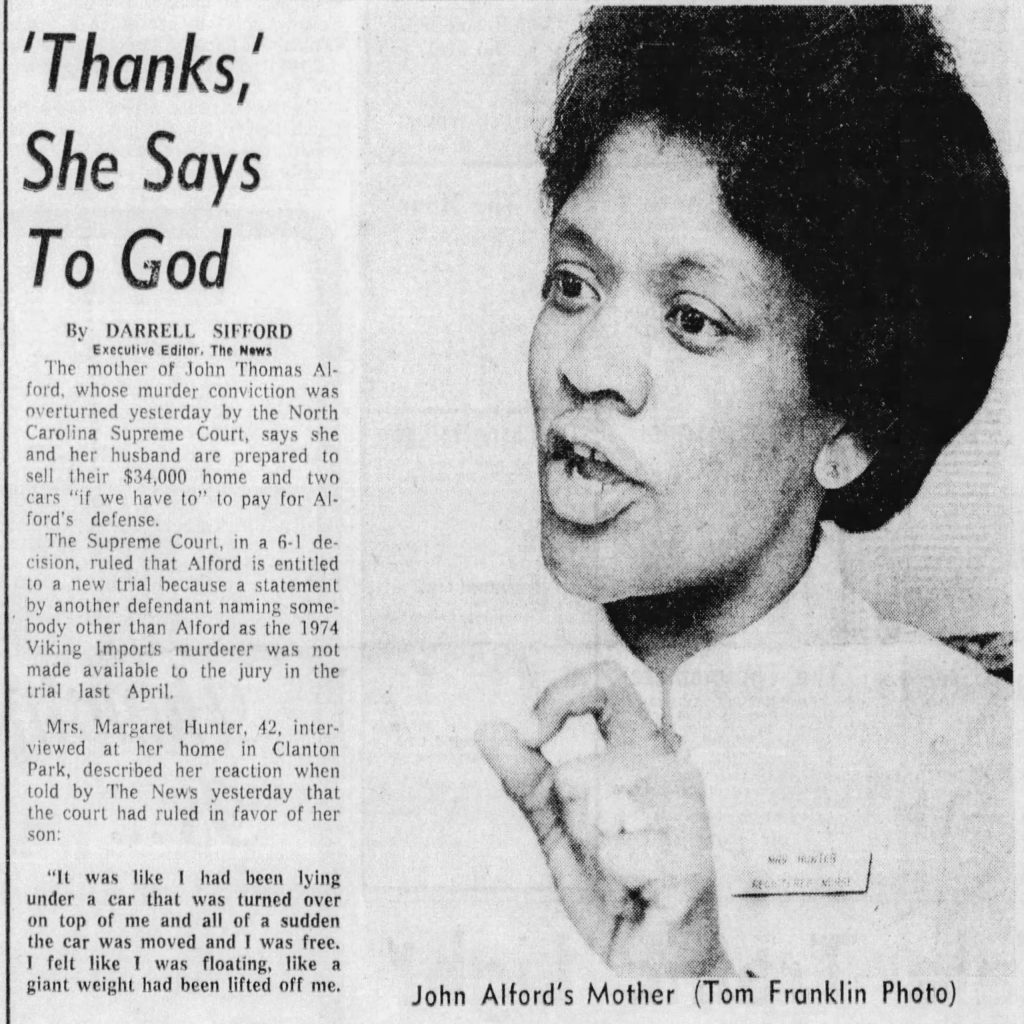
Last month, two new men were added to the list of innocent people who’ve been sentenced to death in North Carolina. Anthony Carey was sentenced to execution for a murder he took no part in, based entirely on the testimony of a 16-year-old who had made a deal with the police. The teen said that while he robbed and murdered a gas station attendant, Carey was a passenger in a getaway car parked blocks away. In exchange for that testimony, the prosecutor allowed the teen to plead guilty to second-degree murder while Carey went to death row.
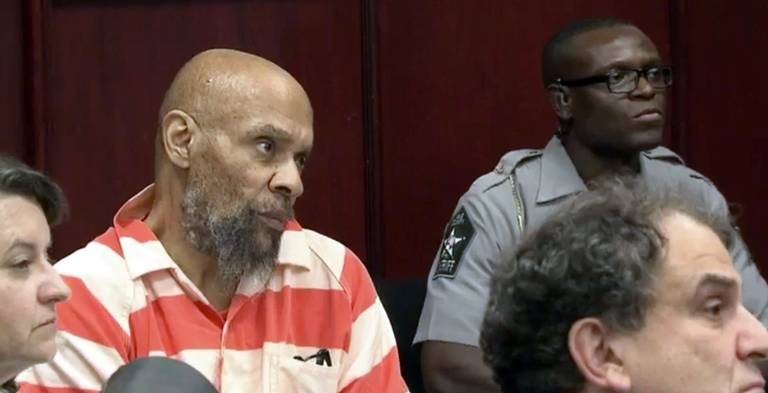
· Kristin Collins

Most of us think, “I would never confess to a crime I didn’t commit.” But the sad reality is, people do it all the time. More than a quarter of DNA exonerations involve a false confession. North Carolina’s longest serving death row exonerees, Henry McCollum and Leon Brown, were sentenced to death and spent a combined 60 years in prison because police interrogators manipulated them into taking responsibility for a terrible crime they had nothing to do with. In fact, many American law enforcement officers are trained to conduct interrogations in ways that recklessly encourage false confessions.
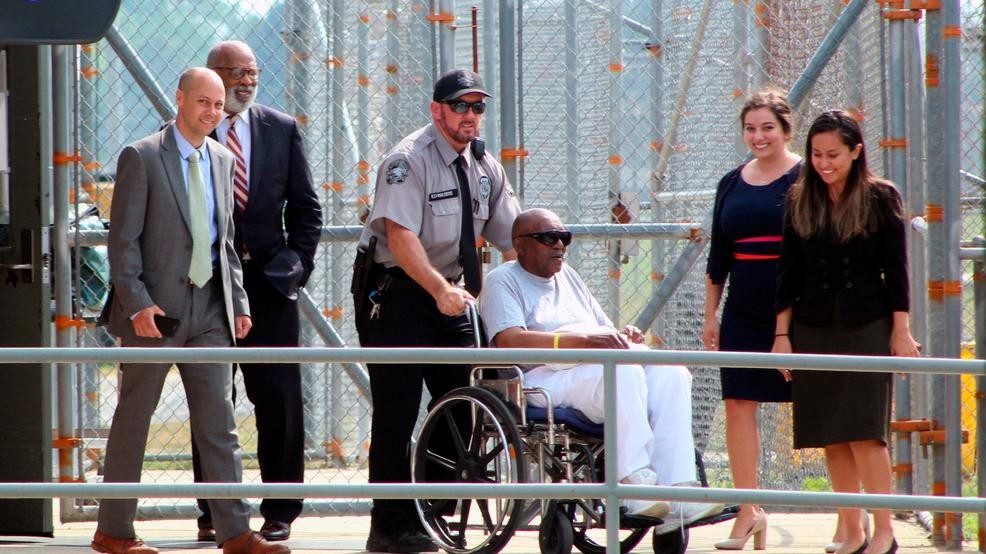
· Kristin Collins

Charles Ray Finch was released from prison last week, 43 years after being sentenced to death for a crime he didn’t commit. His family cheered and thanked God as he emerged from the prison gates, and at Finch’s request, they all went for barbecue. Exonerations always have a celebratory feel of justice finally being served. But don’t mistake Finch’s case for justice, or for anything other than a tragedy.

· Kristin Collins

For generations, North Carolina politicians of both parties have had one thing in common: Almost all of them staunchly supported the death penalty. That’s largely because they believed their voters supported it. But late last month, a statewide poll asked the question: What do North Carolinians think about the death penalty today? The results should make state politicians question their death penalty orthodoxy. After more than a decade without executions and a wave of exonerations of innocent people on death row, voters no longer trust the system to decide who should live and die.
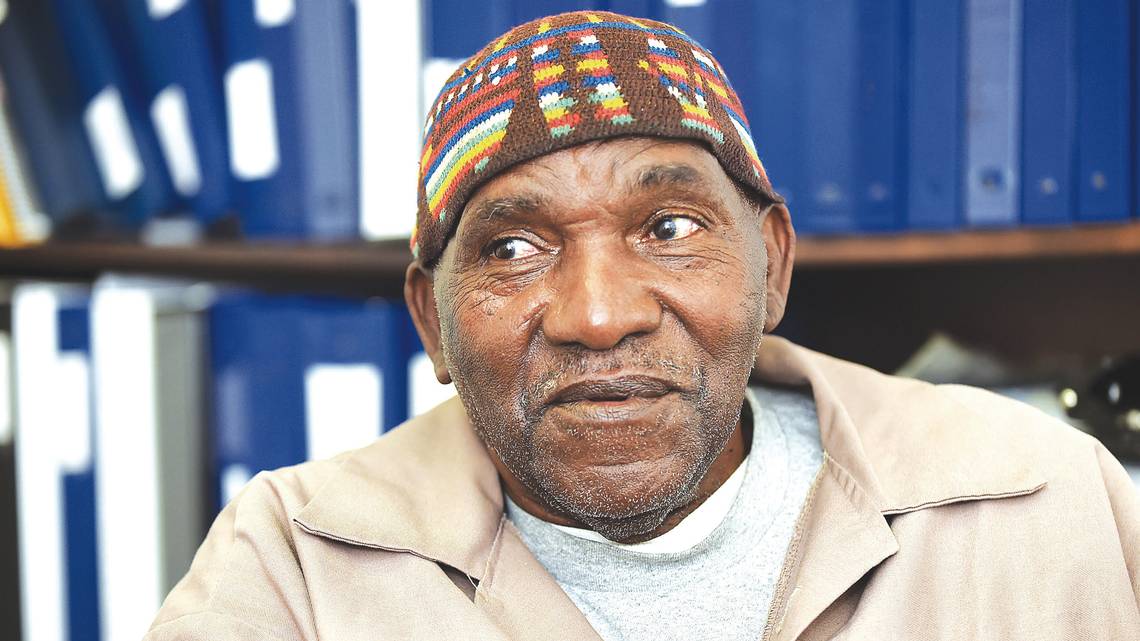
· Emily Baxter
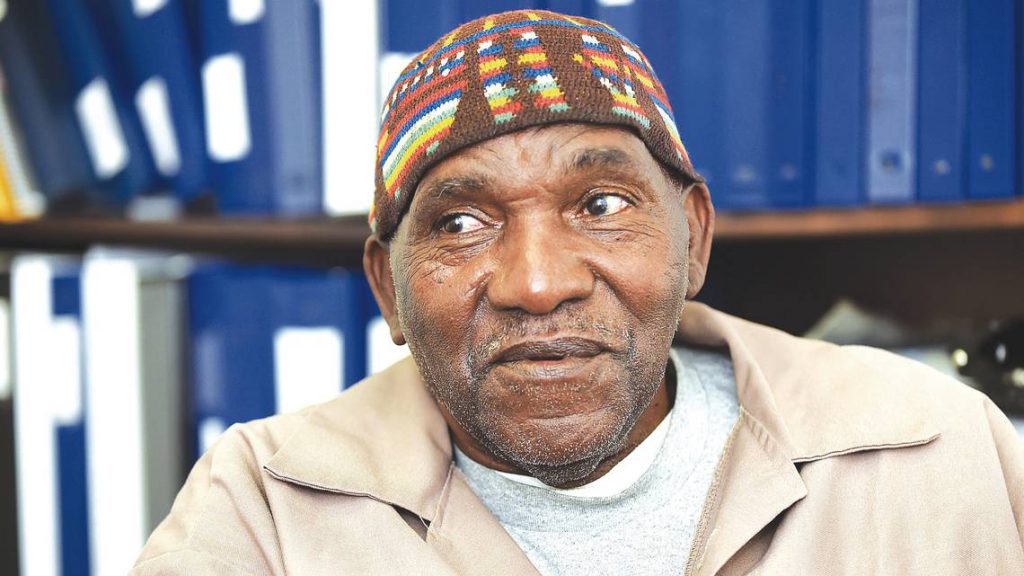
A man who was sentenced to death in North Carolina may soon be exonerated after spending more than 40 years in prison. Last week, a federal court said Charles Ray Finch — who was sentenced to death in 1976, but later resentenced to life because of changes to state death penalty laws — is entitled to a new hearing to determine whether he is innocent. The court also discounted nearly every piece of evidence used to convict Finch of murder. Finch will be the 10th person exonerated after getting the death penalty in North Carolina.
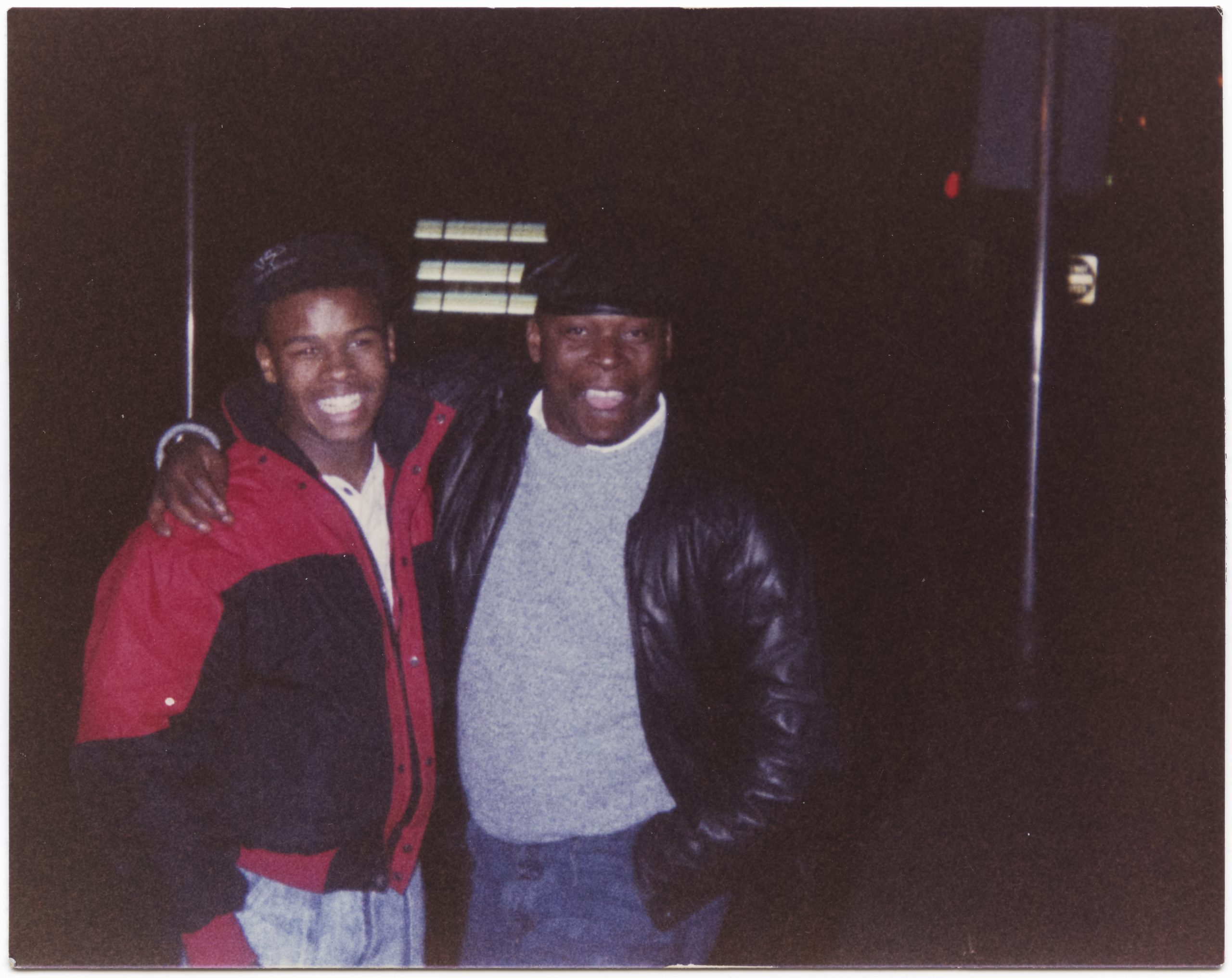
· Kristin Collins
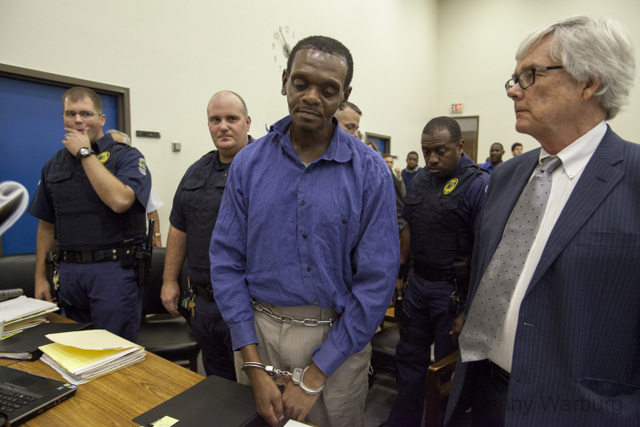
· Kristin Collins

One elderly woman sat with us in her living room, wearing a pink nightgown. “I should have followed my conscience,” she said, her hands shaking. “I hope he can forgive me.” It’s unclear if she’s seeking forgiveness from the innocent man she sent to death row, or God himself. Four years after Henry McCollum’s exoneration, jurors are still wrestling with their role.

· Kristin Collins

In 2017, N.C. juries rejected the death penalty, more innocent people were released from death row, and public support for executions fell to a 45-year low. As we look to 2018, let’s skip the outdated death penalty rhetoric and start looking for solutions that actually make people safer — like properly staffing prisons and supplying guards with working radios.
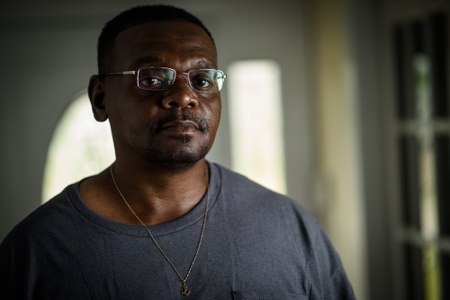
· Kristin Collins

Prosecutors might tell you they need the death penalty to punish the “worst of the worst.” But in practice, that’s not how the death penalty is used in North Carolina. Our state spends millions each year to pursue death sentences that are arbitrary and unnecessary, and uses the threat of death as a negotiation tactic to pressure defendants to accept plea bargains — sometimes putting innocent lives on the line.